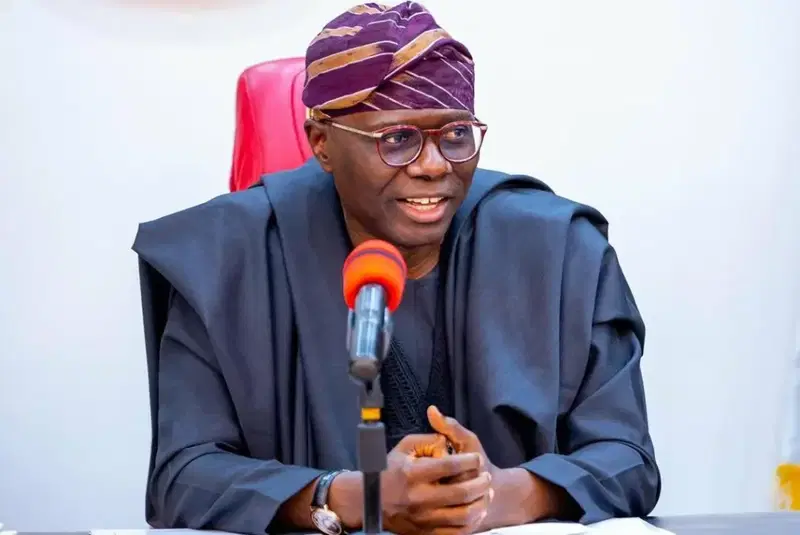
Governor Babajide Sanwo-Olu of Lagos State has expressed his support for the Federal Government’s recent tax reforms, acknowledging that while the initiatives may lead to a significant reduction in revenue for Lagos, they are ultimately in the best interest of the nation.
Speaking at a press, Sanwo-Olu emphasized that the tax reform agenda, spearheaded by President Bola Tinubu’s administration, is critical to achieving long-term economic stability and fostering sustainable development across the country.
“We recognize that the implementation of these tax reforms will come with sacrifices, particularly for a state like Lagos that contributes substantially to Nigeria’s revenue base,” Sanwo-Olu stated. “However, the broader benefits—such as economic equity, improved business competitiveness, and increased investor confidence—far outweigh the temporary financial setbacks.”
The governor noted that Lagos State, which generates the highest internally generated revenue (IGR) in the country, stands to lose billions in projected earnings as the reforms seek to streamline multiple tax structures and eliminate redundancies.
Despite this, Sanwo-Olu reiterated that the reforms align with Lagos’s strategic vision for creating a more enabling environment for businesses and ensuring fairness in tax administration.
He called on other states to also rally behind the Federal Government’s efforts, urging Nigerians to exercise patience as the reforms take root.
“Building a resilient economy is a shared responsibility. This is not about Lagos alone; it is about Nigeria as a whole,” he said. “We are committed to working closely with the Federal Government to ensure that this process is transparent, efficient, and achieves the intended outcomes.”
The tax reform package includes measures to unify tax regimes, reduce the burden on small and medium-sized enterprises (SMEs), and tackle systemic corruption in revenue collection.
While the changes have sparked debates nationwide, policymakers believe the reforms will drive inclusive growth and diversify government income streams beyond oil revenue.
Sanwo-Olu assured Lagosians that the state government would explore alternative strategies to cushion the impact of the revenue shortfall, including expanding public-private partnerships and enhancing infrastructure to stimulate economic activity.
The governor’s comments mark a pivotal moment in the national discourse on tax policy, with Lagos—a state often regarded as Nigeria’s economic powerhouse—setting a tone of collaboration and sacrifice for the greater good.






